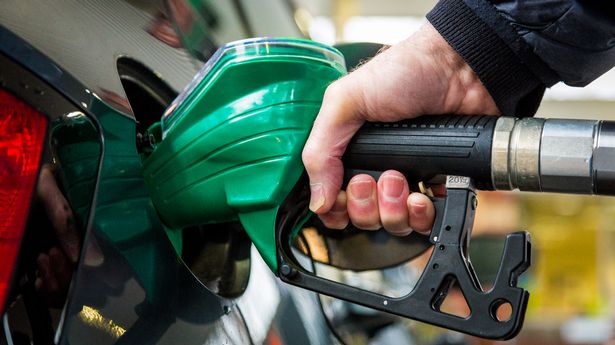The petrol price in Pakistan today is now approaching it’s all-time highs again, what are the causes? The price of petrol and diesel has been increasing in recent months. Today, filling a 10-liter tank of petrol costs around Rs. 1500, while if it is diesel, the price is at Rs. 145 per liter. Throughout this year, petrol has become more expensive for people, especially for the middle-class category in Pakistan. So, what are the causes of today’s high petrol price crisis in Pakistan? This blog tries to answer this question by highlighting some key causes.
Causes Of High Petrol Prices In Pakistan
Look at some most critical factors that contribute to the higher prices of petrol in Pakistan:
Petrol Price And Covid-19
Fuel prices are close to their historical highs. The pandemic leading to the global health crisis also contributed to the rise in petrol prices. However, the pandemic experienced by the world population is not solely and exclusively the leading cause. Although Covid-19 has been a significant factor in the price fluctuation and rise, petrol has already risen in previous years in Pakistan.
In addition to an exceptional situation or the increase in the price of crude oil, some other key factors can influence the increase in the cost per liter of petrol.
Supply And Demand
As in any market, we must start from the basis that the supply and demand law is the reason that results in price fluctuations. Besides, the possibility of armed conflicts, economic speculation, and foreign exchange are other causes behind the frequent fluctuation of oil prices. In April of 2020, OPEC countries decreased oil production due to surplus. Sp, they cut production rather than offloading the surplus so that price levels are maintained before a sharp sell-off. The decrease mainly in air travel led these suppliers to make the dramatic decision to limit production.
Moreover, by limiting oil production as prices blow, OPEC downgraded its 2021 global oil demand forecast by 160,000 b/d, citing India’s and China’s weaker economic factors. However, they pointed out the market would remain tight throughout this year and beyond. This makes the price of crude oil more expensive, representing 40% of the cost of a liter of petrol.
Taxes And Distribution Margins
Taxes come into action here. For each tank that we fill with petrol or diesel, the State takes around half of what is paid in taxes. In addition to VAT affecting petrol price, when the price of crude oil rises, the percentage that must be paid to the State in taxes rises. It makes the cost for the consumer twice as expensive.
The State calculates the petrol price on the prevailing market price, and thus its revenue increases every time the prices are hiked.
Tensions Between Russia And Ukraine
Currently, Russia and Ukraine are on the borders against each other, and this conflict has emerged again after 2014. The conflict between the two has been going on since August 1991, when Ukraine left the USSR (Soviet Union) and announced its independence. Now, how will this conflict affect petrol prices in the entire world, including Pakistan, and why should we be worried?
It is expected that the prices of petrol will go up at a rapid pace. And this is where the crisis begins. Our countrymen already tolerated a considerable rise in petrol prices (Rs. 12.03 per liter) in mid of February 2022. The bad news is that another similar hit is expected soon, which could elevate prices by up to Rs. 225.
The Bottom Line
As Pakistan buys petrol from other countries, any international level incident affects petrol prices in the country. Today’s petrol price crisis (the record high price) in our country is due to this main factor. When any fluctuation occurs in the petroleum products in the international market, possibly due to war, health crises like Covid-19, and others, the prices in Pakistan are affected and rise.
For more information and the latest news, stay connected with Pakistan Observer!























![To Increase YouTube Subscribers Must Use These Service Provider [New]](https://businessleed.com/wp-content/uploads/2022/11/To-Increase-YouTube-Subscribers-Must-Use-These-Service-Provider-New-360x180.jpg)














